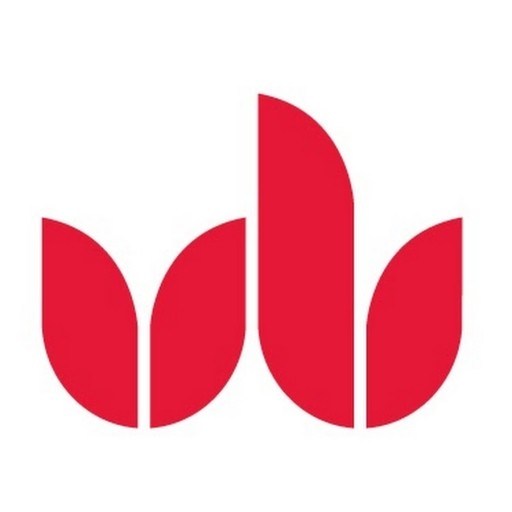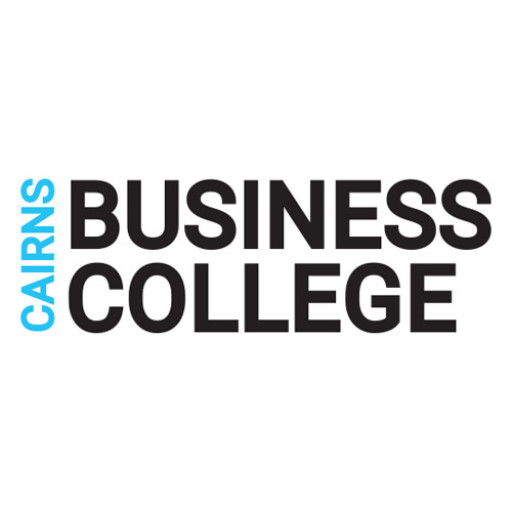Photos of university / #uniofbeds
Advertisement
Why choose this course?
· International staff expertise, reputation and proven track record of `world-leading´ research
· Flexible blended and innovative online learning delivery across units
· Research informed teaching and learning
· Critical thinking and a strong trans-disciplinary approach
· Strong emphasis on sustainability and an `ethical´ conscience
· Extensive industry links ensuring the development of `real-life´ applicable research and practical skills development
· Strong postgraduate research student population
· Vibrant international and multicultural postgraduate student community
· Extensive cross-faculty teaching and partnerships
· A new university-designated Institute for Research in Tourism
Career opportunities
· Policy-direction in government sector tourism planning / management; Market development in corporative tourism; Third sector work in local / regional / national / trans-national areas of public culture / public nature / heritage which have interface with tourism;
· Tertiary sector education in `Tourism Management´ / `Tourism Studies´;
· Culturally-appropriate tourism management;
· Environmentally-responsible tourism management;
· Consultancy (research) work in tourism and `culture´ / `the environment´ / `development´.
· Or become entrepreneurs.
· Academic career
Units covered
Core units: Contemporary Issues in Tourism; Research Philosophies and Principles; International Tourism Development; Strategic Tourism Management; Research Practice in Tourism; Tourism Marketing and Dissertation.
Options include: Event Tourism; Worldmaking: tourism and globalisation; Stewardship, Tourism and Environment; Sport Tourism; Sport and Leisure Provision; Consuming Sport.
Assessment
The programme´s assessment strategy underscores the course team´s concern with the sorts of critical understandings which are increasingly required in global tourism, today. It places a premium upon research competency and upon independent thinking. It also helps register the fact that a transdisciplinary programme like this one obliges the student to undertake a significant amount of reading in order to come to terms with the myriad of different stakeholders that are routinely active on or in connection with international tourism ventures and projects. Students are therefore expected to have strong reading, writing, presentation skills in English and the ability to understand global tourism in its wide business, political and philosophical multidimensionality.
There will be a range of assessment methods on the programme that permit students to reflect their strengths and address their weaknesses. Each unit will be assessed separately, using different mixes of assessment including: individual and group presentations and reports, e-portfolios, blogs, essays, and exams. Coursework methods will include case study analyses, writing reports, planning and review exercises, research, presentations and group work - all typical activities that a tourism manager would be expected to undertake. Assessment methods have been selected to support the development of tourism management and research skills and knowledge, whilst satisfying unit and course learning outcomes.
Students will undertake a 20,000 word dissertation.






